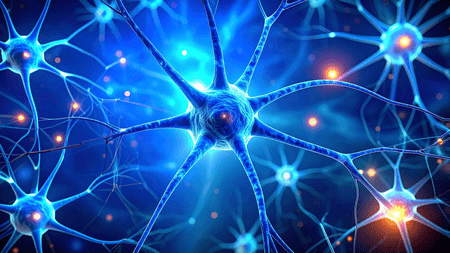
Swedish researchers have tracked how nerve cells get activated by weight loss drugs such as semaglutide and how it affects the brain.
Semaglutide belongs to a group of drugs called GLP-1R agonists and has been shown to effectively reduce food intake and body weight. The drug is already well established as part of the treatment for obesity and type 2 diabetes but can cause side effects such as nausea and muscle loss.
In the study, researchers at the Sahlgrenska Academy at the University of Gothenburg showed that it is possible to distinguish the nerve cells in the brain that control the beneficial effects –such as reduced food intake and fat loss — from those that contribute to side effects.
To investigate how semaglutide affects the brain, the researchers worked with mice. They tracked which nerve cells were activated by the drug and were then able to stimulate these cells—without administering the drug itself.
The results, published in the journal Cell Metabolism, revealed that the mice ate less and lost weight, just as they did when treated with semaglutide.
When these nerve cells were killed, the drug’s effect on appetite and fat loss instead decreased significantly. However, side effects such as nausea and muscle loss remained.
“This suggests that these nerve cells control the beneficial effects of semaglutide. We have therefore identified a specific group of nerve cells that is necessary for the effects that semaglutide has on weight and appetite, but which does not appear to contribute to any significant extent to side effects such as nausea.
“If we can target the treatment there, we may be able to maintain the positive effects while reducing side effects,” says Júlia Teixidor-Deulofeu, first author of the study and Ph.D. student at Sahlgrenska Academy at the University of Gothenburg.
The identified nerve cells are located in an area of the brain called the dorsal vagal complex.
The team noted that the finding is not only an early step toward potentially improved treatment, but it also provides new knowledge about how semaglutide works in the brain.
The study also provides deeper insight into how the brain stem regulates our energy balance.











